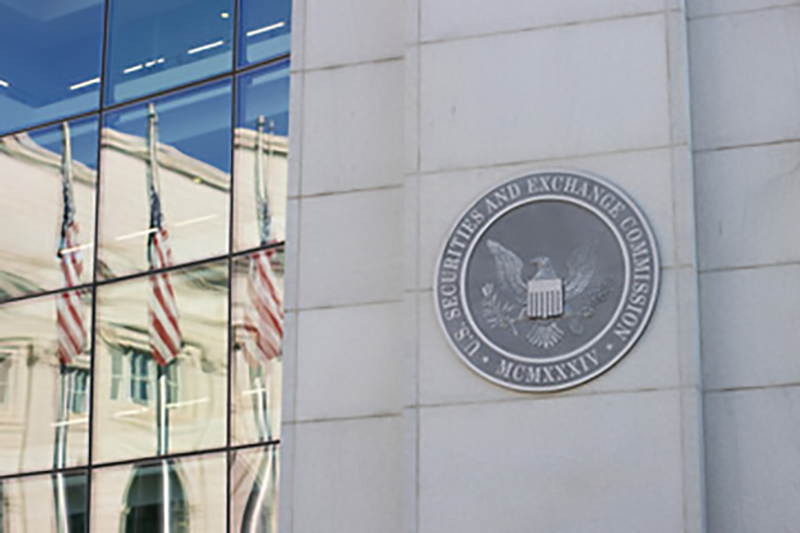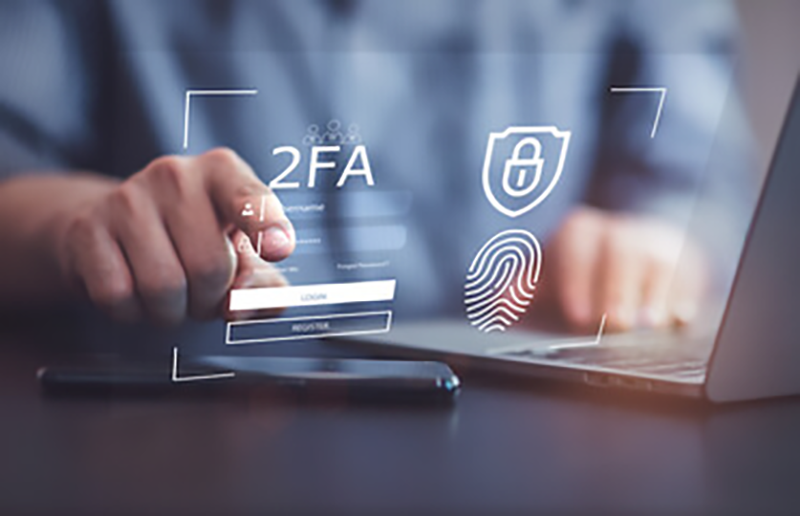If you’re using Kaspersky antivirus in the U.S., you might be surprised to find it suddenly gone from your computer. Recently, the Russian cybersecurity company deleted its software from customers’ devices across the country and replaced it with UltraAV’s antivirus without warning.
Kaspersky provides cybersecurity and antivirus products to over 400 million users and 270,000 corporate clients worldwide.1 In fact, nearly 25% of Fortune 1000 companies and dozens of U.S. government organizations, including federal agencies, have been using Kaspersky products.2 This unexpected change is leaving many users concerned and confused.
Kaspersky Departs From The U.S. But Leaves Users With Unwanted Changes
Kaspersky decided to shut down its U.S. operations and lay off employees after the U.S. government added the company to the Entity List, which includes foreign organizations seen as national security threats.
In June 2024, the Department of Commerce’s Bureau of Industry and Security (BIS) also announced a ban on Kaspersky’s sales and software updates in the U.S., effective September 29, due to concerns over security risks.
Kaspersky assured customers in early September that they would still receive protection through UltraAV, but didn’t mention that their software would be deleted and replaced without notice.
Source: r/antivirus via Reddit
Why Did Kaspersky Face A U.S. Ban?
This is the first Final Determination issued by BIS’s Office of Information and Communications Technology and Services (OICTS), which investigates whether certain tech services in the U.S. pose national security risks.
BIS determined that Kaspersky is a security threat because:
- Kaspersky is under Russian jurisdiction and must share data with the Russian government, which risks U.S. organizations’ information.
- Kaspersky can access sensitive U.S. customer data through its software.
- It could install malicious software or withhold updates that will leave systems vulnerable.
- Kaspersky’s integration with other products could expose sensitive U.S. data to malware.
In 2017, the Department of Homeland Security already ordered federal agencies to stop and remove Kaspersky products. Later, the 2018 National Defense Authorization Act (NDAA) officially banned Kaspersky for federal use.
What Is The Reason Behind The Switch To UltraAV?
A Kaspersky employee posted a statement on the company’s forums about the change to UltraAV. They said Kaspersky teamed up with UltraAV to keep U.S. customers protected after they lost access to Kaspersky products.
Kaspersky also worked with UltraAV to make the switch easier. On September 19, U.S. Kaspersky customers received a software update to help them move to UltraAV. This update was meant to ensure there would be no gap in protection when Kaspersky leaves the market.
The company mentioned that UltraAV offers similar features and encouraged customers to check the FAQ on UltraAV’s website for the onboarding details or contact their support team for more information.
Kaspersky Offers Free Security Software As A Farewell Gift
Kaspersky is offering U.S. customers free security software for six months as a farewell gift. The company is shutting down its U.S. operations and laying off employees.
In a message only to U.S. users, Kaspersky thanked them for their trust and support over the years. “We’re deeply moved with all the kind words and supportive messages received in these difficult times,” said the Kaspersky goodbye letter.
Since the U.S. market is off-limits and there’s pressure from the European Parliament to avoid Russian products, Kaspersky is now shifting focus to regions like Asia and South America.

FAQ
What Is The Controversy With Kaspersky?
The controversy with Kaspersky stems from concerns about its ties to the Russian government. The U.S. banned Kaspersky products due to national security risks, fearing that the Russian government could access sensitive information. This has led many users to question the safety of using Kaspersky antivirus software in the U.S.
Can Kaspersky Still Be Trusted?
While the U.S. has banned Kaspersky, many people and companies still use its products. However, there are security concerns especially since critical weaknesses in Kaspersky software are sought after. For example, South Korea-based SSD Secure Disclosure is offering big payouts for finding vulnerabilities in Kaspersky’s Security Center, which manages security for businesses.
Is Antivirus software Still Important?
2Secure believes that while antivirus software is important, it has limitations. The focus should be on monitoring threat behavior—what they do, where they go, and how they interact with the system. Instead of simply replacing antivirus software, we recommend a broader approach that involves understanding specific threats and weaknesses, using targeted solutions like endpoint protection.

Source:
- Commerce Department Prohibits Russian Kaspersky Software for U.S. Customers | Bureau of Industry and Security. (n.d.). Www.bis.gov. https://www.bis.gov/press-release/commerce-department-prohibits-russian-kaspersky-software-us-customers
- Facebook, Twitter, & LinkedIn. (n.d.). The Impact of the Kaspersky Ban. Bitsight. https://www.bitsight.com/blog/impact-kaspersky-ban




